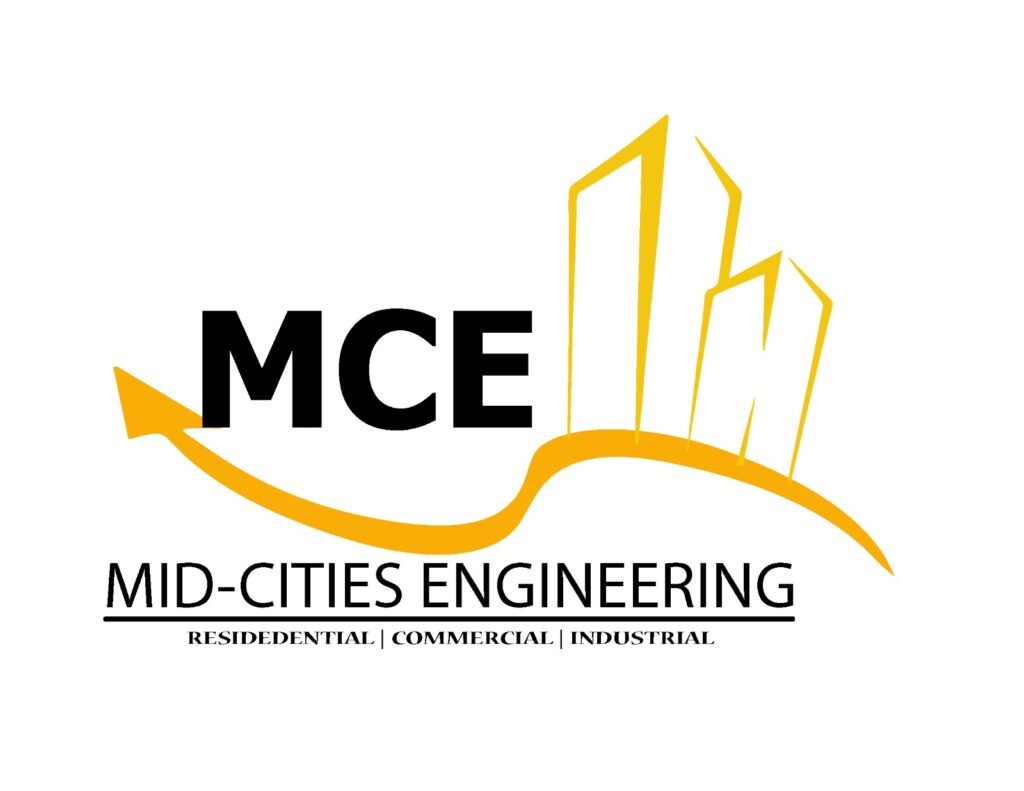Value Engineering
Value Engineering
Value Engineering (VE) in structural engineering is a systematic and organized approach to optimizing the performance, functionality, and cost-effectiveness of structures without compromising safety or quality. It involves a collaborative and multidisciplinary process aimed at maximizing the value of a project, ensuring that it meets or exceeds the client’s expectations while achieving the best possible balance between cost, performance, and quality.
Key Principles of Value Engineering
The key principles of Value Engineering (VE) in Structural Engineering revolve around a systematic and collaborative approach to optimizing the value of a project. These principles guide the process of identifying, analyzing, and implementing alternatives to achieve the best balance between cost, performance, and quality. Here are the key principles:
- Functional Analysis
- Cost-Benefit Analysis
- Value-Function Analysis
Objectives of value engineering
Value engineering is a structured methodology focused on maximizing the value of a project by improving its functionality, quality, and performance.
Objectives:
Optimize project performance.
Minimize costs without sacrificing quality.
Enhance efficiency in design and construction processes.
Advantages of Value Engineering
- VE identifies cost-effective alternatives without compromising safety or quality.
- VE aims to optimize the performance and functionality of structures.
- VE minimizes waste and maximizes the use of resources.
- VE addresses potential risks early in the design and construction process.

